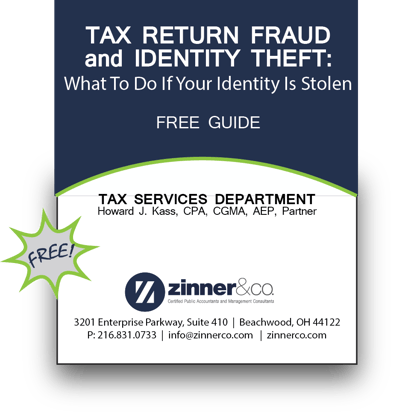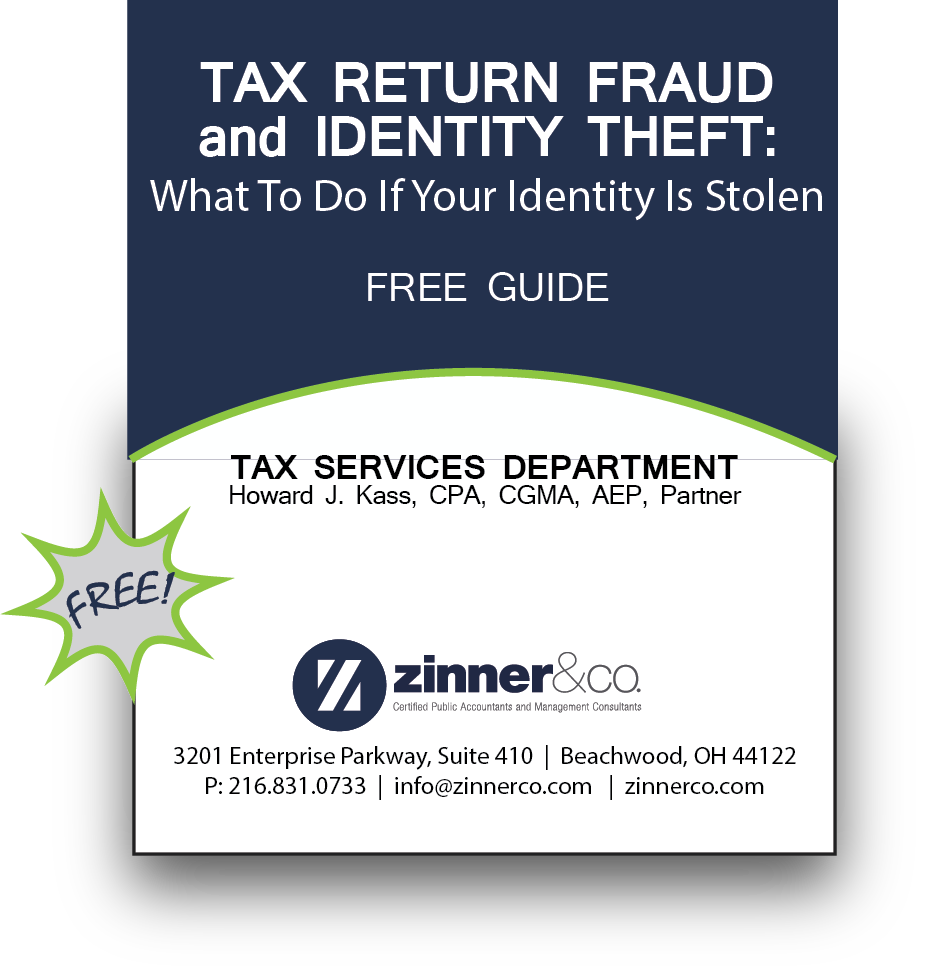Have you been notified by the IRS? You may want to think twice before responding to the call, email or letter.
The work of criminals knows no boundaries. Unfortunatley, this time of year brings another wave of antics to the forefront as the criminal will use various ploys to trick taxpayers into providing sensitive or personal identification information by posing as the IRS.

Aggressive and threatening phone calls by criminals impersonating IRS agents remain a major threat to taxpayers, but now the IRS is receiving new reports of scammers calling under the guise of verifying tax return information over the phone.
The latest variation being seen in the last few weeks tries to play off the current tax season. Scam artists call saying they have your tax return, and they just need to verify a few details to process your return. The scam tries to get you to give up personal information such as a Social Security number or personal financial information, such as bank numbers or credit cards.
Also, be aware of how and why the IRS will contact you:
The IRS sends notices and letters for the following reasons:
- You have a balance due
- You are due a larger or smaller refund.
- We have a question about your tax return.
- We need to verify your identity.
- We need additional information.
- We changed your return.
- We need to notify you of delays in processing your return.
Next Steps
Read
Each notice or letter contains a lot of valuable information, so it’s very important that you read it carefully. If we changed your tax return, compare the information we provided in the notice or letter with the information in your original return.
Respond
If your notice or letter requires a response by a specific date, there are two main reasons you’ll want to comply:
- to minimize additional interest and penalty charges.
- to preserve your appeal rights if you don’t agree.
Pay
Pay as much as you can, even if you can’t pay the full amount you owe. You can pay online or apply for an Online Payment Agreement or Offer in Compromise. Visit our payments page for more information.
Keep a copy of your notice or letter
It’s important to keep a copy of all notices or letters with your tax records. You may need these documents at a later date.
Contact us
THe IRS will provide their contact phone number on the top right-hand corner of the notice or letter. Typically, you only need to contact the IRS if you don’t agree with the additional information, or if you have a balance due. You can also write to the IRS at the address in the notice or letter. If you write, allow at least 30 days for our response.
The location of the notice or letter number
You can find the notice (CP) or letter (LTR) number on either the top or the bottom right-hand corner of your correspondence.
When the notice or letter isn't listed on this page
The IRS will add more correspondence to their website, IRS.gov. If your notice or letter isn't listed on the IRS webpage and you have questions, call us at the number on the top right-hand corner of your correspondence.
When the notice or letter looks suspicious
Please visit the IRS' Report Phishing page if you receive a notice or letter that looks suspicious and was designed to appear as though it came from the IRS. You can also call 1-800-829-1040.
The IRS will never ask taxpayers for personal information via e-mail or social media.
If you received any form of communication from the IRS and are unsure if it is legitmate, please feel free to contact our team of professionals for a no-cost no-obligation review.
We stay up-to-date on the latest taxpayer scams and receive continuous udpates from federal agencies to help protect taxpayers and their identities. Call us at 216.831.0733 or info@zinnerco.com.






